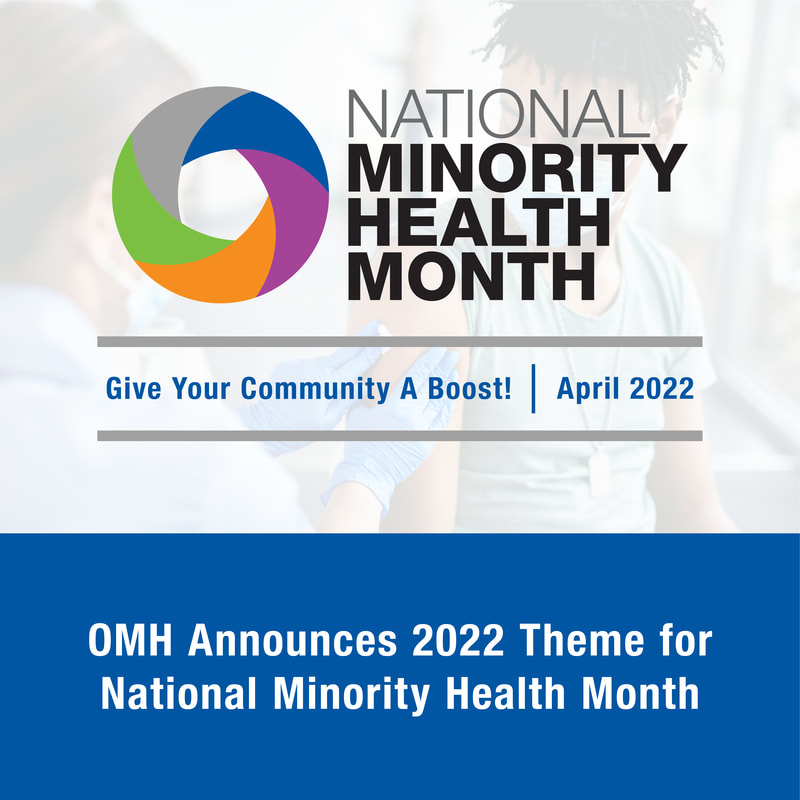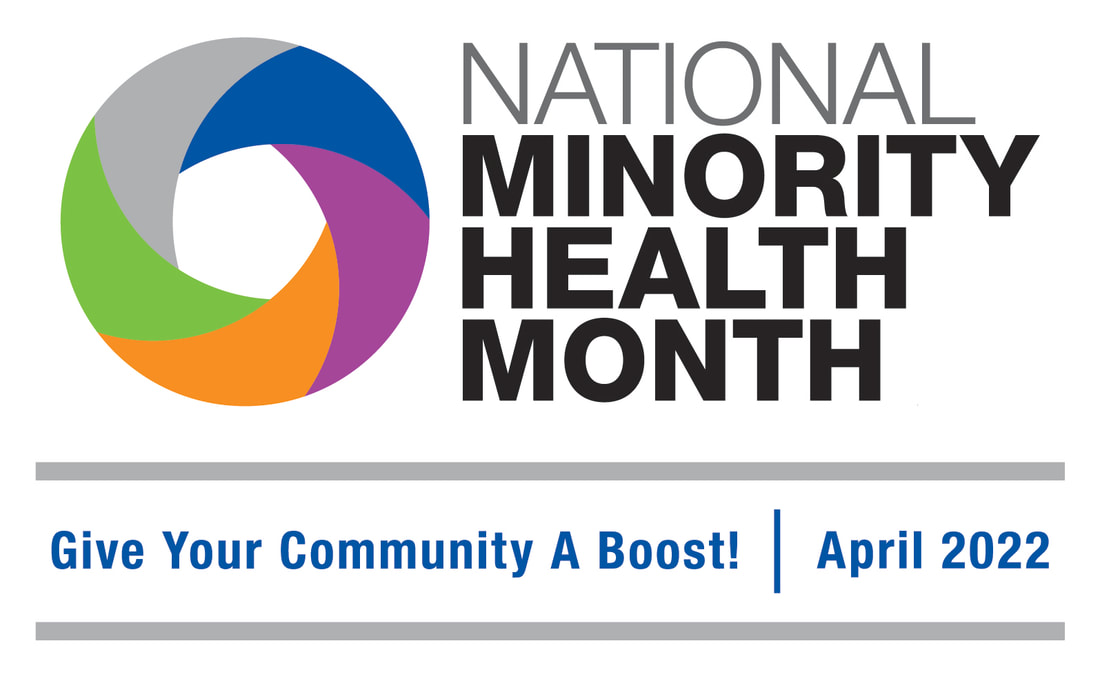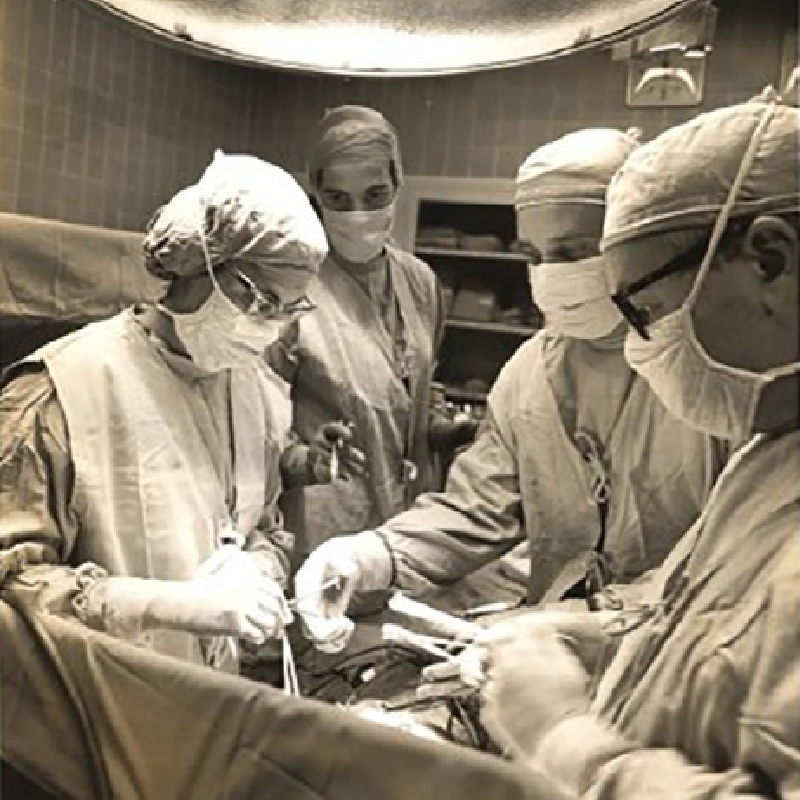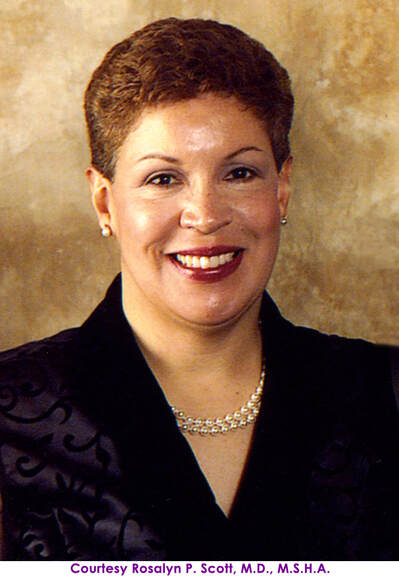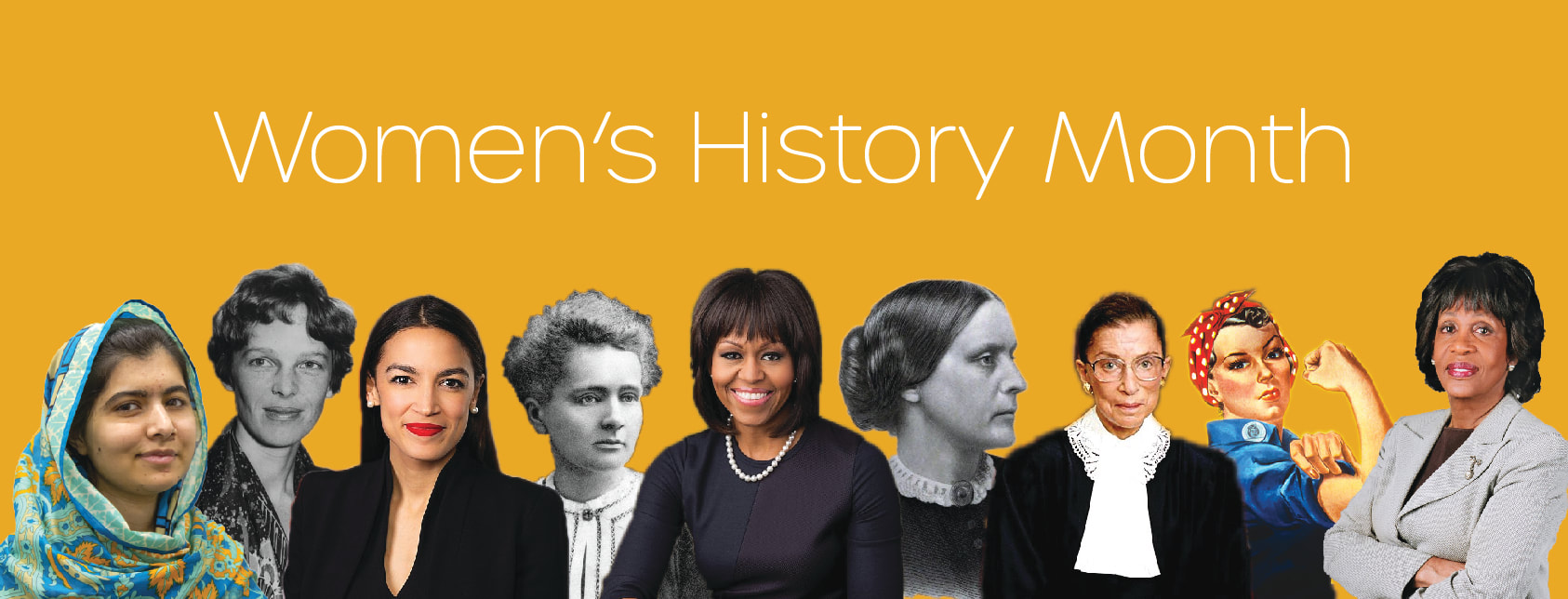|
Working Against All Odds Nina Braunwald had to prove again and again not only that she was a good surgeon, but that she was just as competent as a man—if not better. Gender bias prevailed on individual and institutional levels. Despite her substantial achievements in teaching, research, and clinical care at NIH, UCSD, and Harvard University, she was never honored with an endowed professorship at any of these prestigious institutions. She was nevertheless strongly motivated and highly persistent. When her colleagues got to know her better, they concluded that she knew exactly what she was talking about, and they saw her spectacular results in the surgical theater. Although Dr. Braunwald never proclaimed herself to be a “feminist,” she derived satisfaction from proving her excellence as the first female cardiac surgeon. She had detractors; however, she did not permit others' opinions to hinder her career progression. Moreover, she readily gained the respect of her patients, who never objected to being operated on by a woman. https://www.ncbi.nlm.nih.gov/pmc/articles/PMC5408644/ Opening Doors
Born in Newark, New Jersey, Rosalyn had many medical influences growing up including her father who was a dentist, and an uncle who was a thoracic surgeon. At a young age, Rosalyn recognized the contributions that her father and uncle made helping people, and she dreamed of a time when she could do the same. During her school years she enjoyed science and had aspirations to become a doctor. She was often met with racism and sexism, but this did not diminish her determination to become a physician. Rosalyn received her undergraduate degree from Rensselaer Polytechnic Institute in New York and went on study medicine at New York University School of Medicine. She became the first African American woman to train in thoracic surgery when she was accepted as a resident at Boston University Medical Center in 1977, and completed her general and thoracic surgery residencies in New York at St. Clare's Hospital and Health Center, and New York Medical College. After completing her residencies, Dr. Scott spent several years in Houston. She was the first Mary A. Fraley Fellow in cardiovascular surgical research at the Texas Heart Institute and remained in Houston as an assistant professor of surgery at the University of Texas Medical School. https://www.nlm.nih.gov/exhibition/aframsurgeons/scott.html In 1997, Congress enacted the Volunteers Protection Act (P.L. 105-19; 42 U.S.C. Sec. 14501) to grant immunity from liability for Americans who volunteered their services for a nonprofit organization or a governmental entity. The Cardiac Arrest Survival Act will extend similar liability protections to people who voluntarily acquire or use AEDs to help save victims of sudden cardiac arrest. This immunity from unfair lawsuits will help protect ``Good Samaritans'' who use AEDs to help save the lives of our fellow Americans, as well as businesses and land owners who acquire the devices to make their buildings or offices safer for the public.
Good Samaritan Act - NJSA 2A:62A-1 Immunized from civil liability - Any Good Samaritan rendering care (in good faith and without thought of consideration) at the scene of an accident or emergency or while transporting the victim for further treatment; in a health care facility if your actual duty, including on call duty, doesn’t require a response to a patient emergency situation. Immunity is granted from liability for failure to inform when emergent situation necessitates action in absence of the ability to properly inform the patient or an authorized representative. Not immune from liability are acts or omissions by you in such situations which are determined to involve gross negligence, recklessness or willful misconduct. https://www.congress.gov/congressional-report/106th-congress/house-report 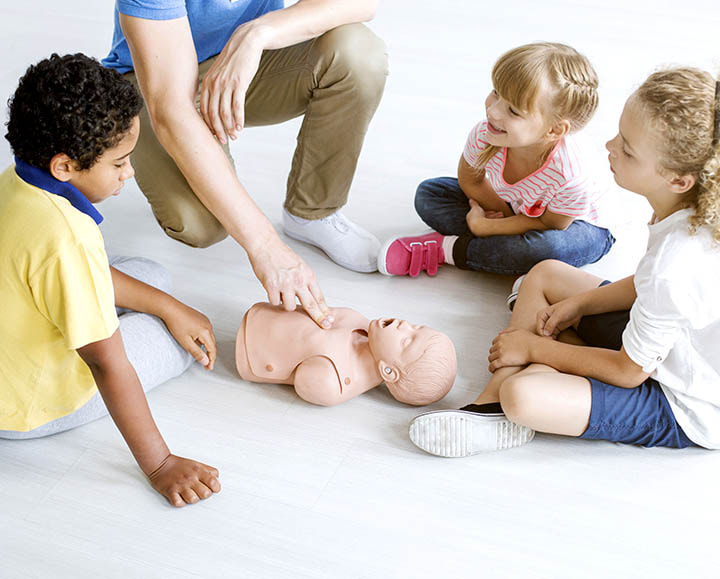 The AHA does not mandate a minimum age requirement for learning CPR. The ability to perform CPR is based more on body strength than age. Studies have shown that children as young as nine years old can learn and retain CPR skills. Please speak with an AHA Instructor or Training Center if you have any concerns. https://cpr.heart.org/en/resources/faqs/course-faqs  Here are 10 facts you need to know about women and cardiovascular disease:
https://www.goredforwomen.org/en/about-heart-disease-in-women/facts |

